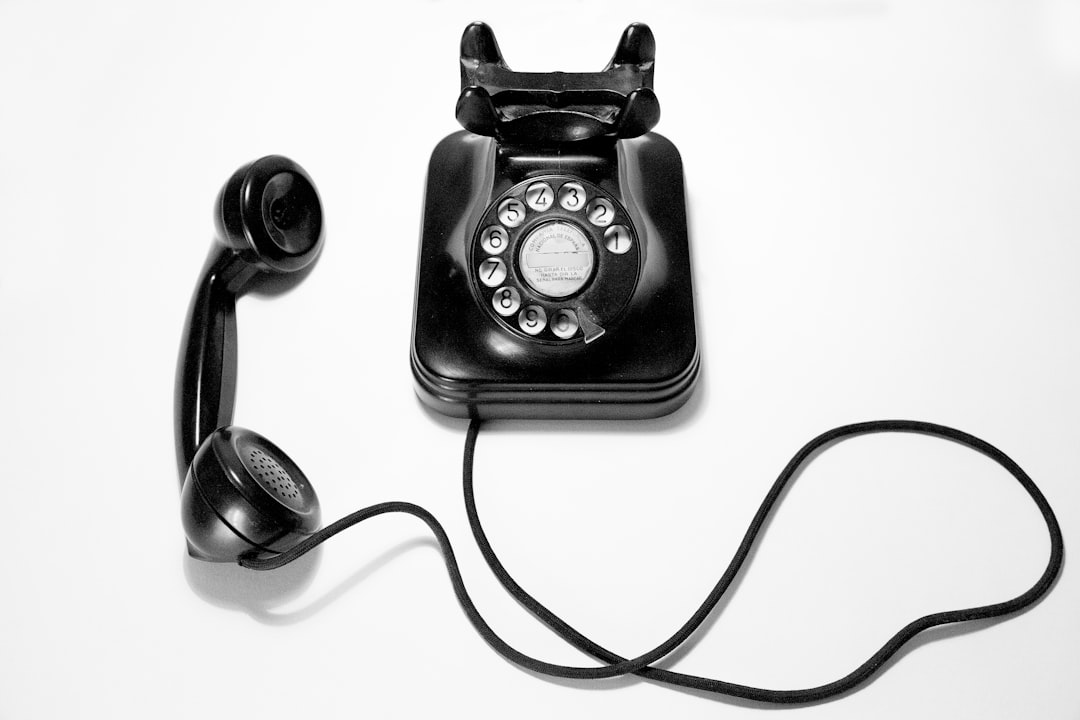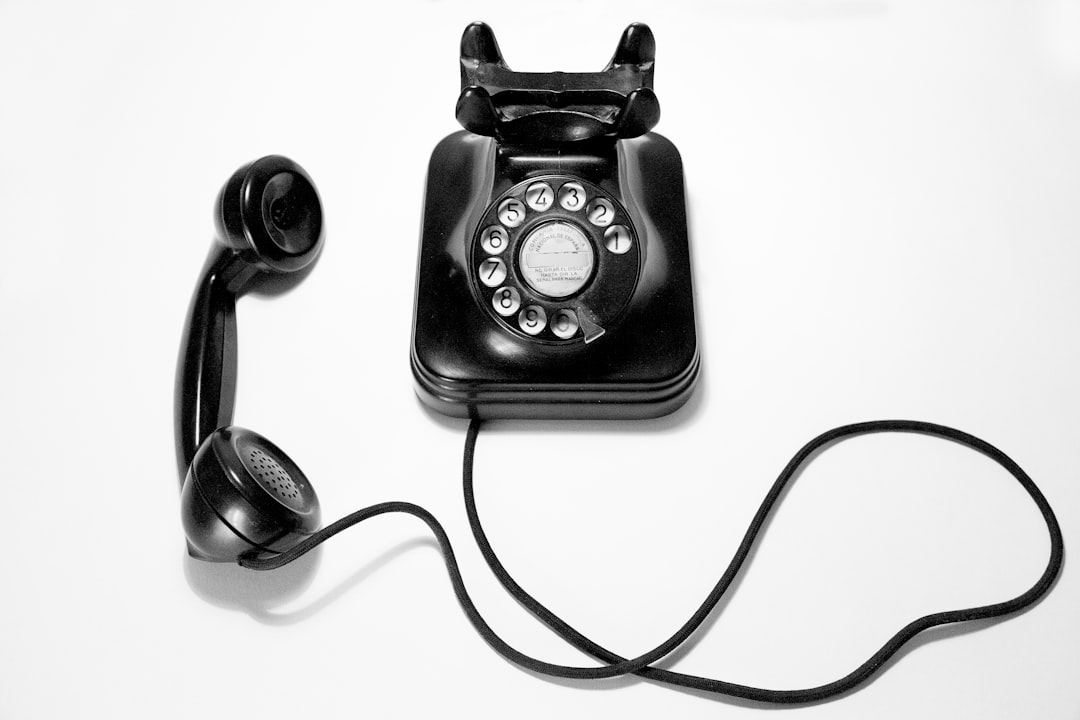The 2024 updates to Minnesota's Debt Collection Act (MCA) introduce stricter regulations to protect consumers from aggressive debt collection practices. Key changes include enhanced "Do Not Call" registry penalties, mandatory detailed debt validation, and a 30-day cease communication period upon consumer dispute. Debtors are entitled to fair treatment, transparency, and verification of debts, while creditors must adhere to strict guidelines. A debt collector lawyer in Minnesota is crucial for navigating these new regulations, especially regarding spam call law firms Minnesota, and ensuring compliance with Debt Collector Laws Minnesota.
“In 2024, Minnesota’s Debt Collection Act undergoes significant updates, shaping the interactions between debtors and creditors. This comprehensive guide explores key changes, empowering both parties with newfound knowledge. From understanding your rights to navigating spam calls effectively, this article is your go-to resource for deciphering the latest debt collection laws in Minnesota. Consult a debt collector lawyer or attorney from a reputable law firm in Minnesota to ensure compliance and protect your legal standing.”
Understanding Minnesota's Debt Collection Act: Key Changes for 2024

Minnesota’s Debt Collection Act (MCA) underwent significant updates in 2024, impacting both debt collectors and consumers across the state. These changes are designed to protect borrowers from aggressive collection practices while ensuring legitimate creditors can recover debts fairly. Key amendments include stricter regulations on communication methods, enhanced transparency requirements, and expanded rights for consumers facing harassment or inaccurate claims.
For instance, debt collector lawyers in Minnesota now face stricter penalties for violating the “Do Not Call” registry, with potential fines reaching up to $1,000 per violation. Additionally, collectors must provide more detailed validation of debts and cease communication if a consumer disputes the claim within 30 days. These updates reflect a broader trend across states to balance debt collection efforts with borrower rights, underscoring the importance of consulting a debt collector attorney in Minnesota for guidance navigating these evolving laws.
Your Rights as Debtors and Creditors Under the Updated Laws

Under the updated Minnesota Debt Collection Act for 2024, debtors have a right to fair treatment and transparency from debt collectors. This includes the right to verify their debt and receive accurate information about it. If a debtor feels they are being treated unfairly or misled by a collector, they can file a complaint with the Minnesota Attorney General’s Office. It is also crucial for debtors to know that they cannot be harassed, threatened, or subjected to false statements from collectors.
Creditors, on the other hand, must adhere to strict guidelines set by the new laws, especially regarding communication practices. The updated act limits the number of calls and messages debt collectors can make, with restrictions on using automated or prerecorded voice messages without prior consent. Additionally, creditors must respect do-not-call requests and refrain from contacting debtors at inconvenient times or through unwanted means, such as text messages or social media, unless permitted by law. A debt collector attorney in Minnesota can guide both parties on these new regulations to ensure rights are respected and obligations are met.
How to Navigate Spam Calls and Legal Recourse in Minnesota

Navigating spam calls from debt collectors can be overwhelming and stressful. In Minnesota, debt collectors must adhere to specific laws and regulations, such as the state’s Do Not Call registry and the federal Telephone Consumer Protection Act (TCPA). If you’re receiving unwanted or harassing calls from debt collectors, the first step is to understand your rights under these laws. A reputable debt collector lawyer in Minnesota can help you decipher your legal options and determine if any violations have occurred.
For protection against spam calls, consider registering for the National Do Not Call Registry and filing a complaint with the Federal Trade Commission (FTC). In addition, many debt collector attorneys in Minnesota recommend using call-blocking apps or setting up custom call filters on your phone. If you’ve already exhausted these initial steps and are still experiencing harassing behavior from debt collectors, consulting with a legal professional is crucial. They can guide you through the process of taking formal action against the offenders, which may include seeking damages and injunctive relief under Minnesota’s debt collector laws.






